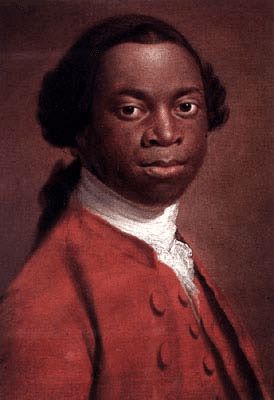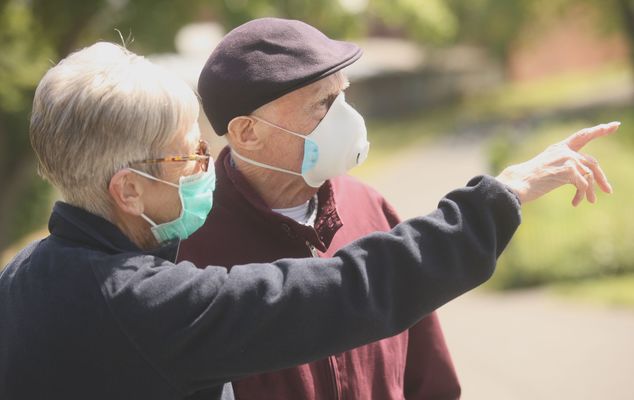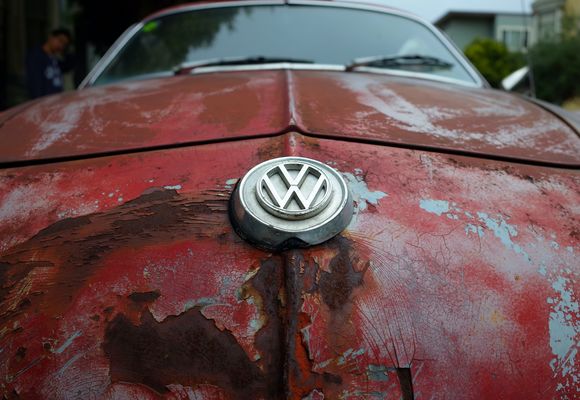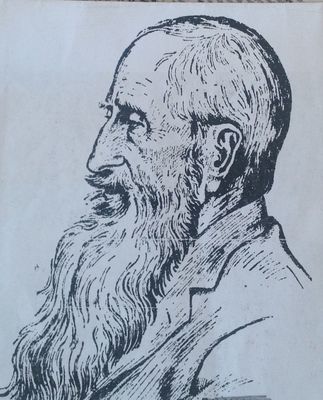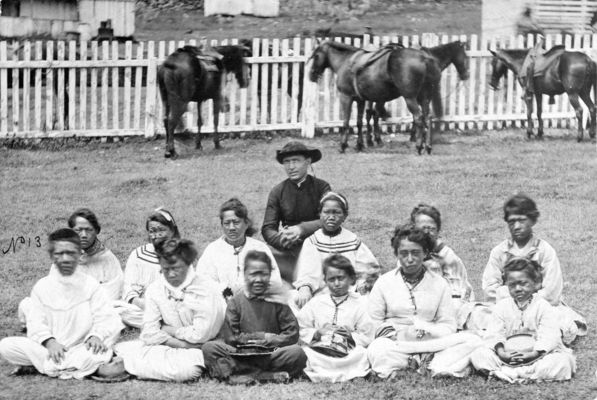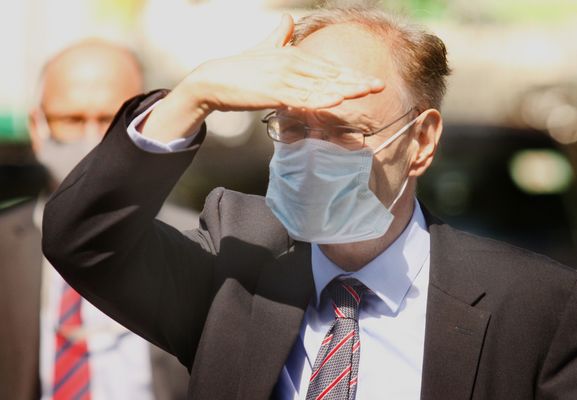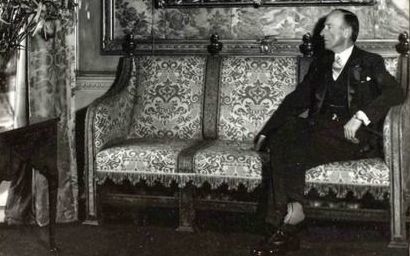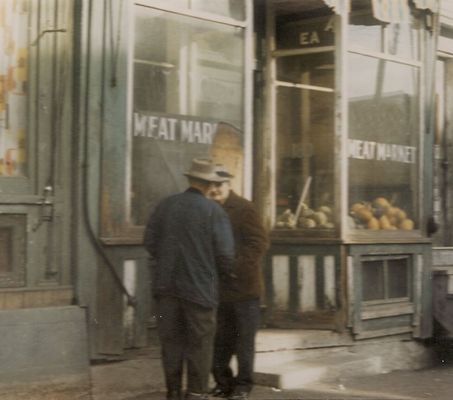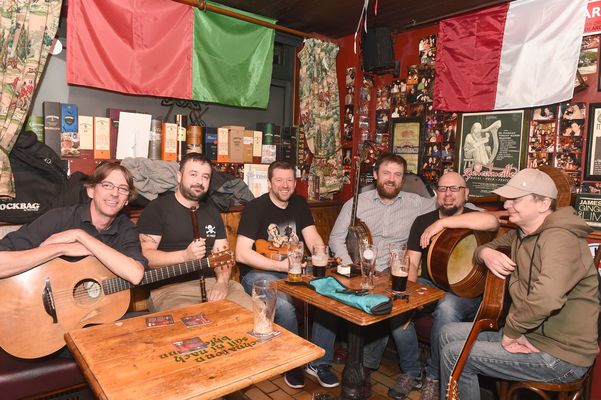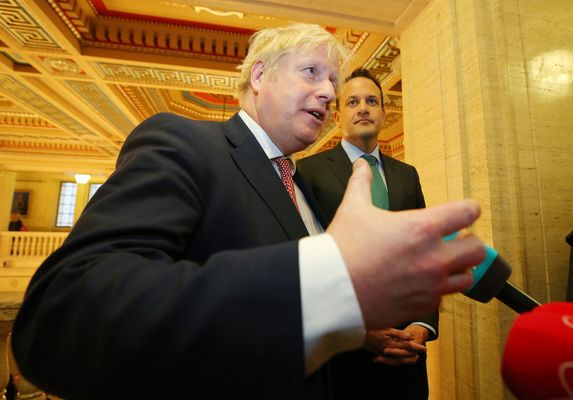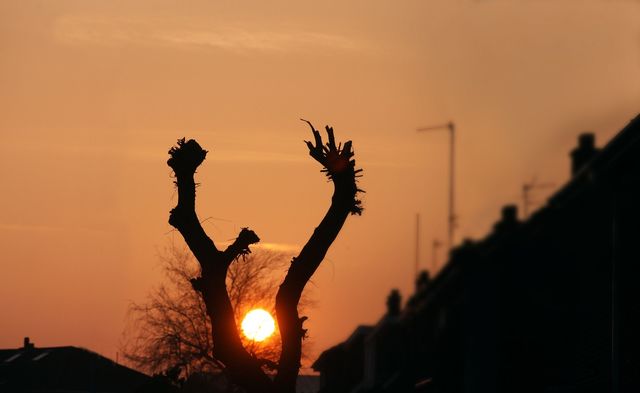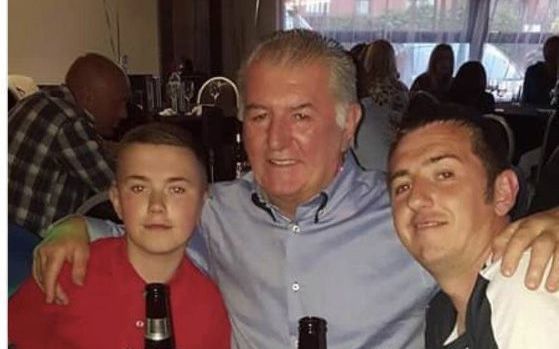ON meeting people I know when out walking or in the supermarket, the conversation in the last few weeks inevitably turns to vaccinations. “Have you had the jab yet?” is the question that is asked. It's a case of who can ask first. Last week I recognised a former neighbour despite his mask. He had contracted Covid-19 some months ago. Having spent nearly two months in hospital, Oliver was discharged. Less than a week later he was rushed back. In all, he spent nine weeks in three different hospitals. A keen golfer, he is still in recovery two months later and although golf courses reopen shortly it will be some time until he can play again. A short time later I chatted with Raymond whom I first encountered when teaching a Primary 7 class some fifty years ago. He told me that he and his wife were both afflicted by the pandemic. They recovered at home in just two weeks. However, Raymond’s elderly mother died and they were unable to attend her funeral, a massive blow as Raymond is the organiser in that family. My thoughts were particularly with these people as I watched the news of the suspension of the AstraZeneca vaccine. Initially a small news item sparked off the developing story. Health authorities in Austria suspended inoculations from a batch of the AstraZeneca Covid-19 vaccine as a precaution while investigating the death of one person and the illness of another shortly after receiving the jab. A small portion of the country's AstraZeneca supply was suspended, but the rest was administered as planned. A week later it was reported from Norway that four people who had received a dose of the AstraZeneca vaccine had experienced severe blood clots and one of them died. All were under 50 and it was reported that three were healthcare workers. Denmark suspended all use of the AstraZeneca vaccine and Norway followed Denmark's lead. In something of a domino effect, several countries including Germany, France, Italy, Spain, the Netherlands and Thailand suspended the vaccine. On Sunday morning, March 14, it was announced that the AstraZeneca vaccine would be paused in the South of Ireland too. It's worth noting that the European Medicines Agency has supported the continued use of the AstraZenica vaccine at all times. In the South the news was seen by some as a hammer blow in the already sluggish vaccine roll-out. Some 30,000 people – healthcare workers and people aged 16 to 69 with several underlying health conditions – who had been scheduled for vaccination this week were told their appointments were being delayed. Travel arrangements had been made to bring them to vaccine centres.The decision appeared to have divided the country's medical and scientific community. On Monday, I listened to Professor Luke O'Neill of Trinity College Dublin's School of Biochemistry and Immunology, who is one of the most recognisable experts on the pandemic. He said he found the suspension “dangerous”.
